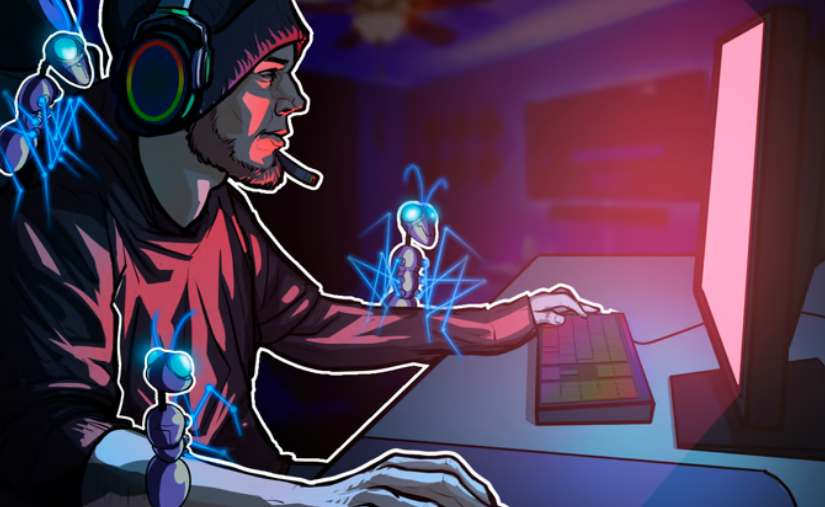Blockchain gaming ‘disappointing’ despite high funding — Pixelverse co-founder
Pixelverse co-founder Kori Leon said their organization is taking a different approach by building a strong user base without “unrealistic” promises.

While gaming continues to be an integral part of Web3, some argue that despite significant fundraising for launches, poor gameplay has shown a “disappointing” side of blockchain-based games.
Kori Leon, co-founder of the TON-based gaming ecosystem Pixelverse, believes that some games have failed to deliver on their promises. Leon said that despite getting a lot of backers and funding, some Web3 gaming projects could not attract players. Leon explained:
“The current state of gaming has been disappointing. Despite significant fundraising for supposedly AAA games, recent launches, heavily backed by venture capital at high valuations, have delivered poor gameplay, failing to attract players beyond those speculating on in-game asset values.”
In a statement sent to Cointelegraph, Leon stressed the importance of building communities for Web3 projects. “For the ecosystem to thrive, it is crucial for projects to focus on what makes them successful: community, culture and distribution,” he explained.
Taking a different approach to Web3 gaming
Pixelverse, which managed to attract 50 million players in June to its Telegram mini-game Pixeltap, is taking a different approach. According to Leon, they want to build a strong user base without giving “unrealistic promises.”
The executive said their upcoming infrastructure and new games release will offer a more AAA experience. However, the executive highlighted that the project has already laid the groundwork for distribution and community building. Leon believes that this positions Pixelverse for “endless possibilities.”
Related: CryptoSlam founder says new SlamNet ecosystem aims to solve Web3 fragmentation
Gaming a “critical onboarding mechanism” for Web3
Randy Wasinger, CryptoSlam founder and CEO, said in a Cointelegraph interview that gaming remains a way for Web3 to attract new users. He said:
“I absolutely feel that gaming is a critical onboarding mechanism for Web3. I’m still waiting for that killer game that brings not a few hundred or a few thousand new people but millions and millions of people. I think that’s possible. I’ll even double down on that and say it’s inevitable.”
Wasinger also noted that an enormous amount of capital has been invested in Web3 games. However, the executive believes that the best games “require long software development cycles.” The executive hopes gaming-dedicated blockchains like Immutable, Ronin and Mythos will spawn that killer game.
“I’m optimistic that we will see, from one more or all of those major protocols, those game-changing software titles that appeal to the masses and bring new people in. But it just takes time,” Wasinger added.

- AI-CrypTo platform provides you with the safest, most stable and most profitable cryptocurrency automatic quantitative trading system! With a minimum deposit of 10 USDT, you can activate your investment account and enjoy stable returns and flexible withdrawals! 💵
- Each model has a different rate of return, choose a higher level of investment to earn more! AI quantitative returns range from VIP1 to VIP11, with daily returns as high as 40.9%! The more you invest, the greater the return! 💸


 download
download download
download website
website